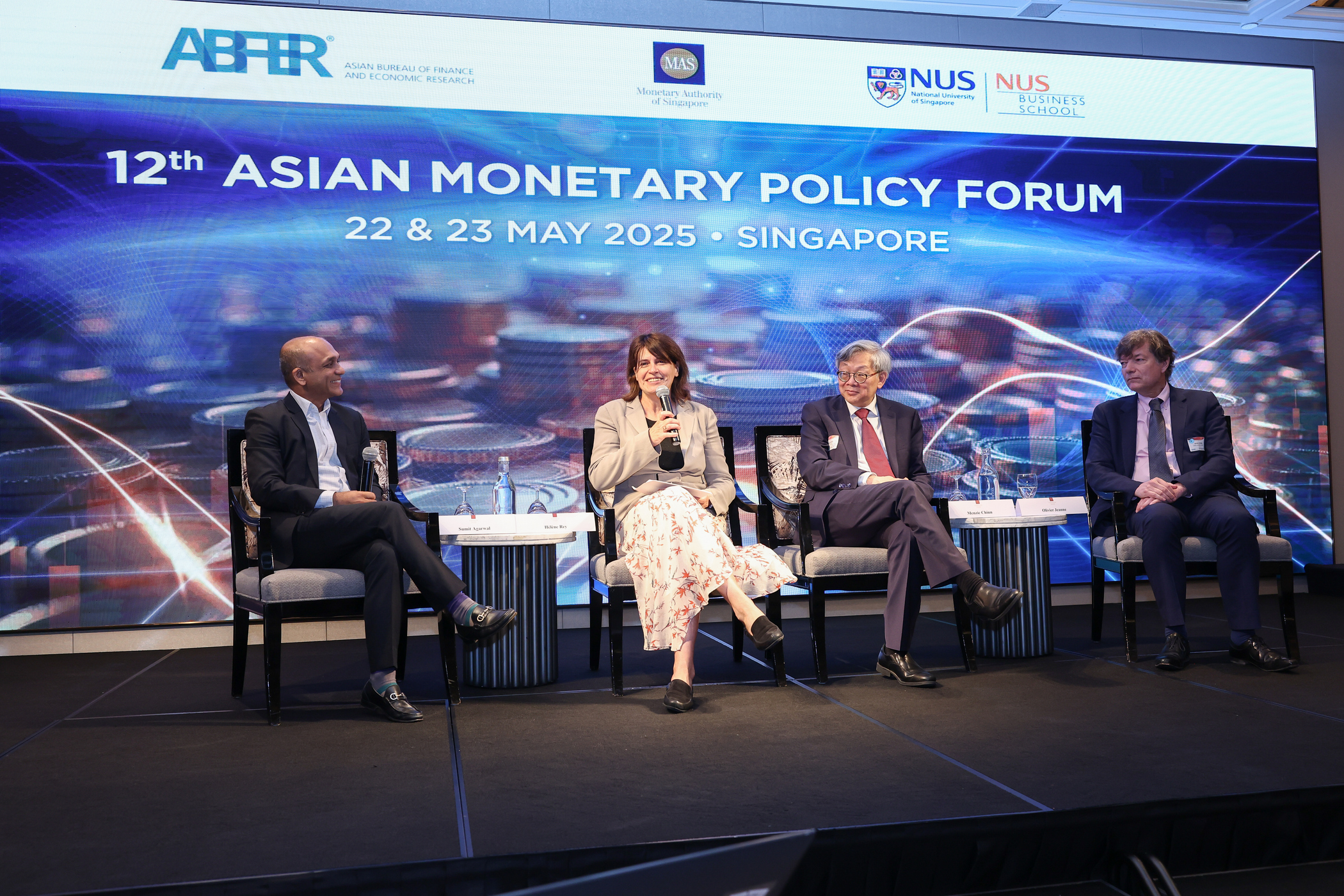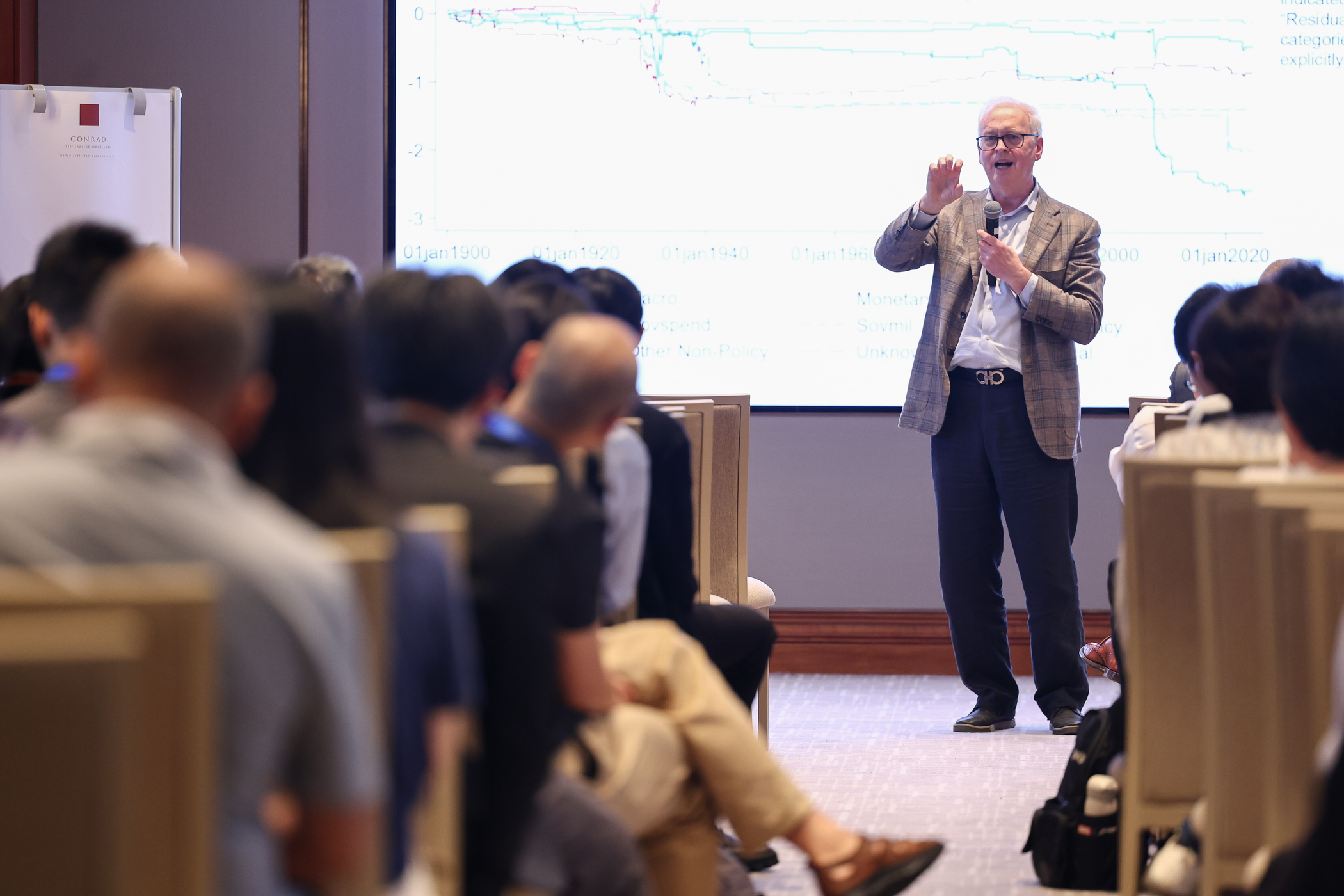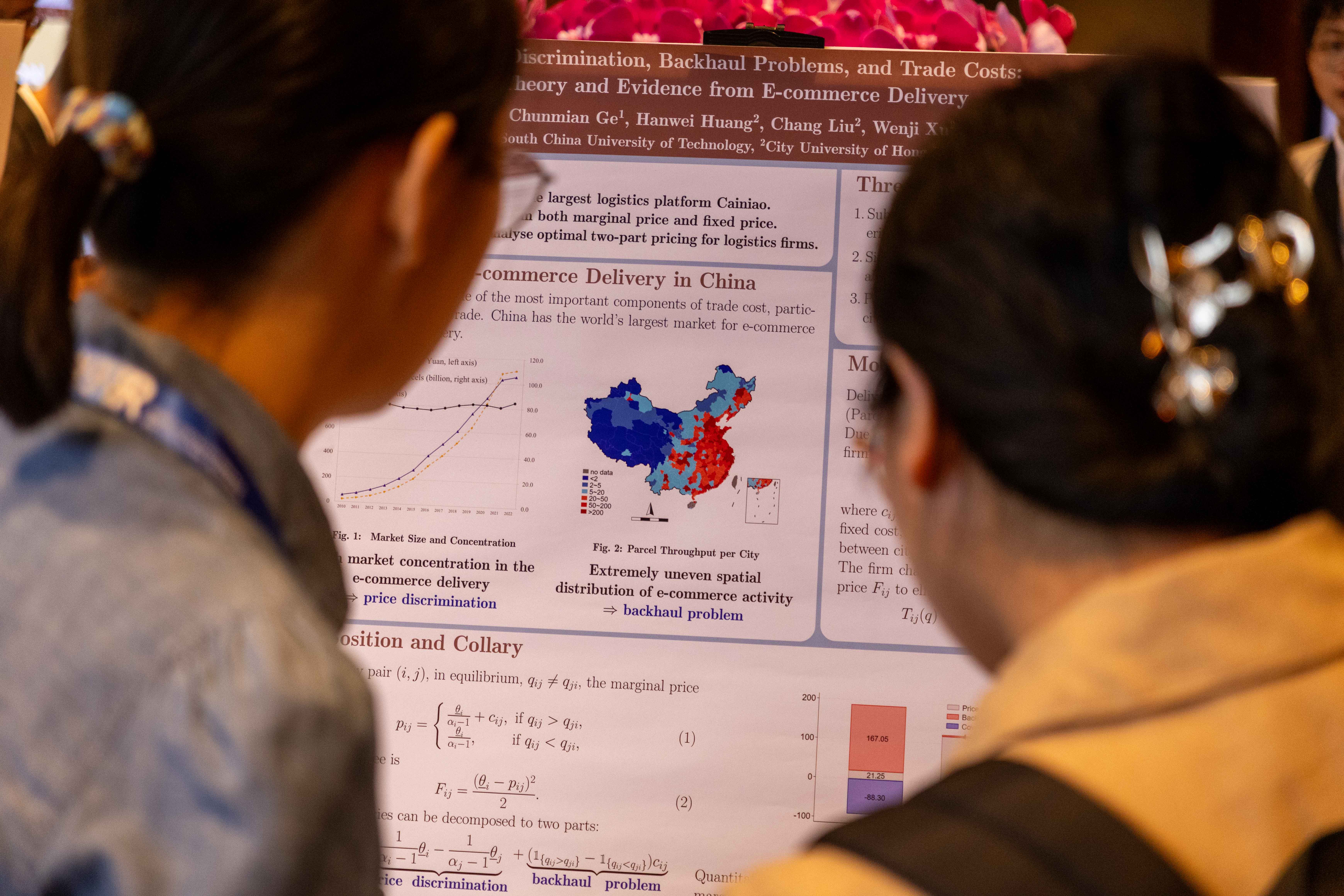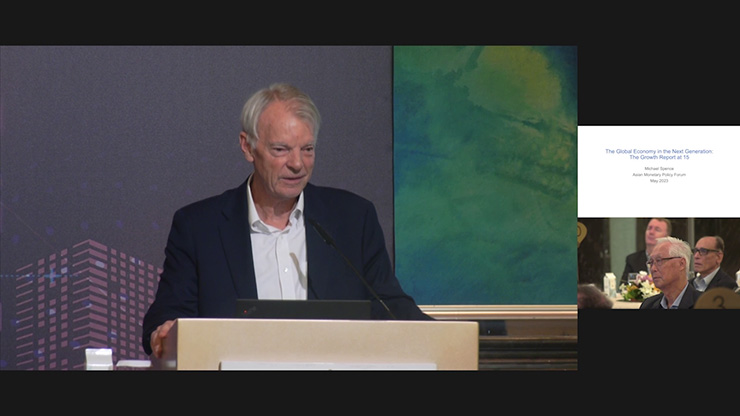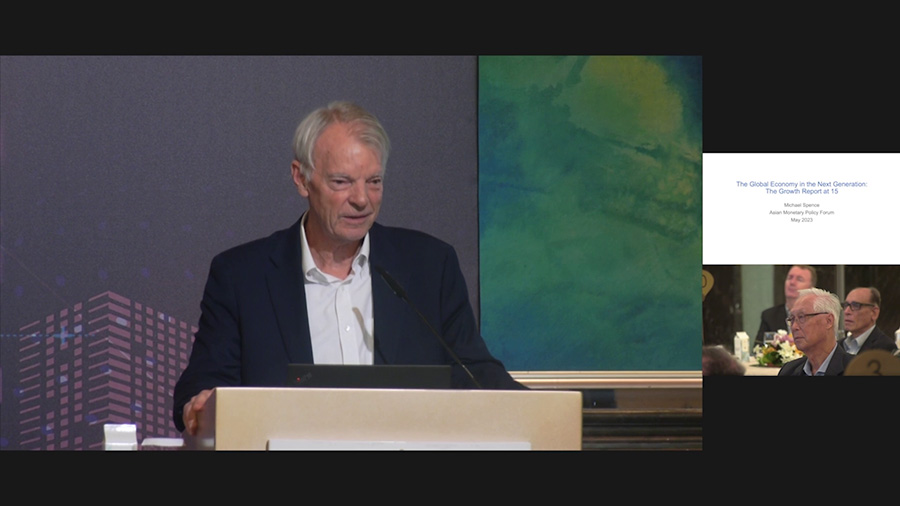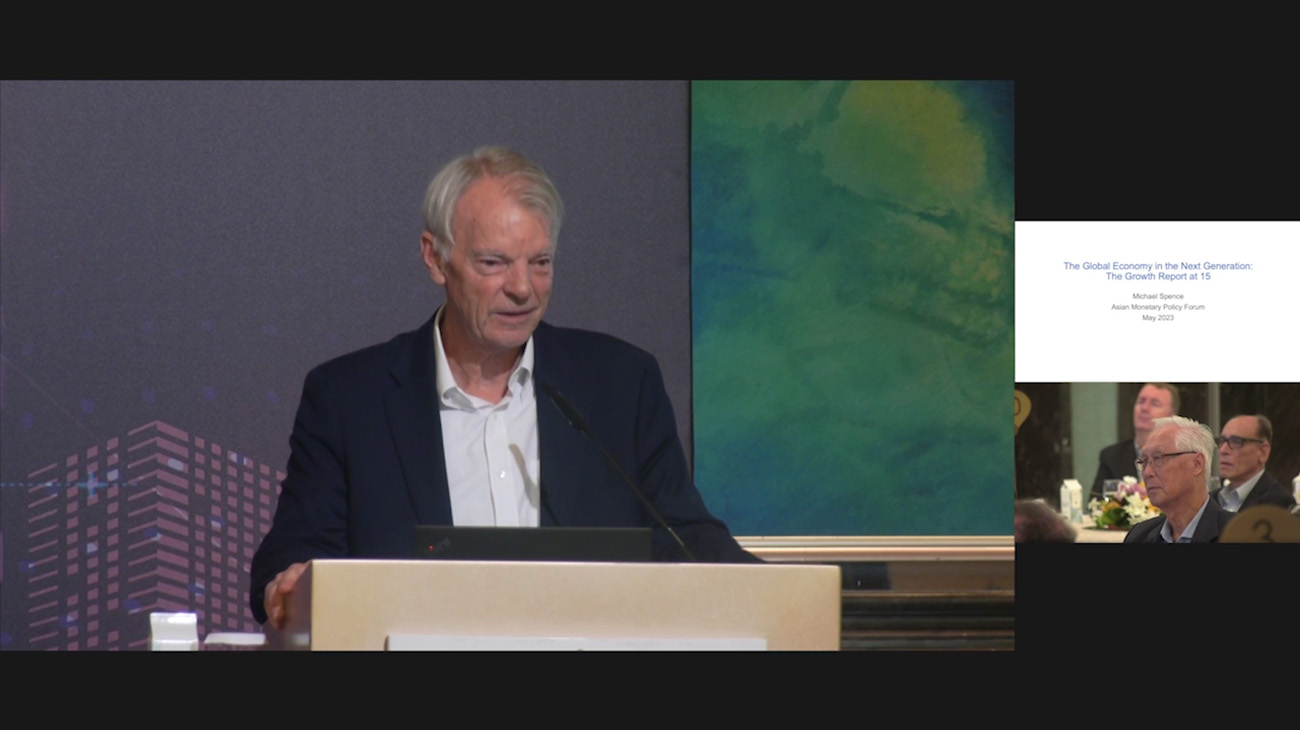Industry Panel & Round Table
HUMAN CAPITAL DEVELOPMENT IN THE WORKPLACE AND DURING THE WORKING YEARS
Over the last 30 years, there has been a revolution in the workplace. Firms have put in place high performance work practices. We see evidence of this in all sectors. In manufacturing, for example, workers at all levels are engaging in higher levels of problem solving. To achieve these high performance work practices, firms are hiring more carefully, encouraging more teamwork, sharing more information, and implementing more incentive pay.
But to complement these changes, and enable workers to problem solve, workers must be better trained. Thus, firms have been increasing the amount of training they provide to workers. This upward trend in training is also evident in retail trade and in high technology industries. In retail, large firms run corporate "universities" to train employees. In high-tech companies, firms devote considerable resources to hiring the right people: they use referral networks and passive recruiting to find the perfect person for each job. These individuals must then be trained extensively – both in the technology of the firm, and in the knowledge of the firm's products and markets.
Firms and workers are making investments in two types of human capital: in general human capital that is transferable to other firms; and in firm-specific human capital that is only useful with the current firm. In addition to firm investments, we see evidence that workers are investing in developing their own individual skills. The massive online course system has attracted the attention of workers who want new skills that they can use as they move from one employer to the next. Because of these investments (from the firm and by the individual), workers have careers in which wages rise with age.
In the software industry, we see wages rising both as workers hop from one job to the next, and as a worker increases his tenure and learning on the job. We find that the majority of wage increases for workers over their careers come from investing in skills with their current employer, not from hoping between employers. We can conclude that in today's marketplace, firms that invest more in human capital are achieving a strategic competitive advantage.
Event Details
2015
Keynote Speaker
Lessons from Serving as the President's Chief Economist
Alan Krueger served as chairman of President Barack Obama's Council of Economic Advisers from 2011 to 2013, and was a member of the President's cabinet. He also served as Assistant Secretary for Economic Policy and Chief Economist of the U.S. Treasury in 2009 and 2010. This lecture will summarize ten practical lessons that Professor Krueger drew from his public service during the financial crisis and current economic recovery. He will also discuss some of the substantive economic issues that he was involved with and the role that economics research played in policy making.


